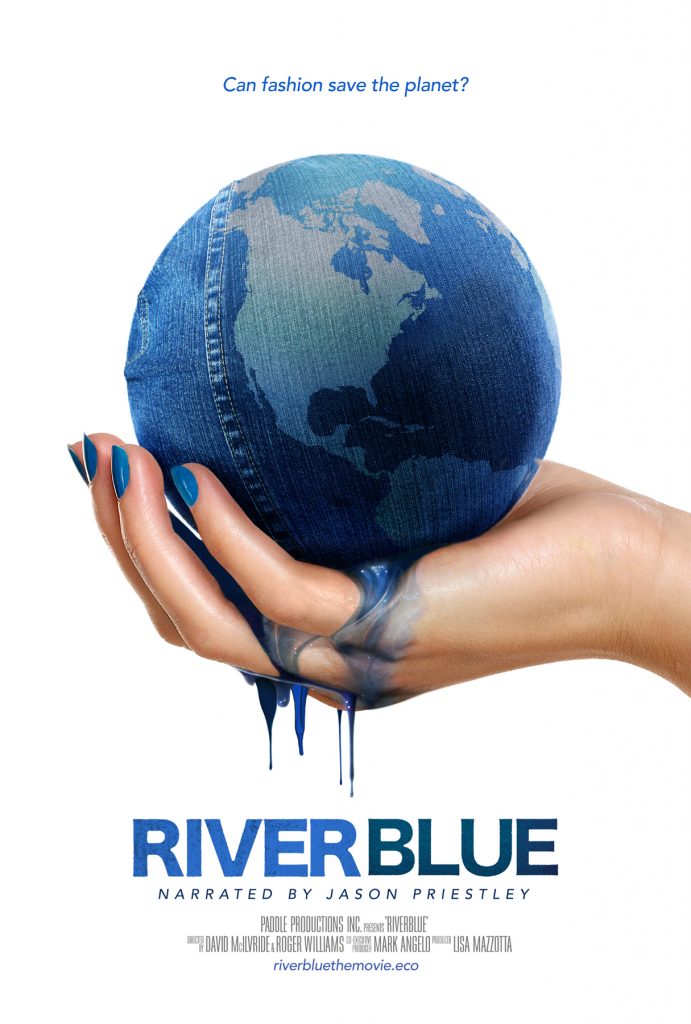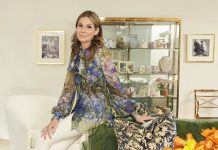 The film “RiverBlue: Can Fashion Save the Planet?” takes a look at the contamination of the worlds water supply caused by exportation and manufacturing of textile goods, and the lack of regulation of toxins at those factories.
The film “RiverBlue: Can Fashion Save the Planet?” takes a look at the contamination of the worlds water supply caused by exportation and manufacturing of textile goods, and the lack of regulation of toxins at those factories.
With only one percent of the earths water coming from lakes and rivers, it should be of high importance to everyone to make sure they stay clean.
At this point, over 70 percent of China’s rivers and lakes are contaminated, with India and Indonesia close behind.
The film takes the viewer around the world to these countries and shows the outcomes of the factories dumping their toxic chemicals and dyes into the rivers and how it affects us.
The people in these countries are eating food that has been grown using this toxic water. When tested, the food shows that the chemicals have transferred to it.
People use this contaminated water to wash, drink, and give to livestock, and it leaves the people sick, covered in rashes and developing cancers that could have been prevented.
The cinematography is vivid and captures the devastation that fashion factories are wreaking on our world.
With big brands wanting high output and low cost, exportation has grown exponentially in the last 50 or so years. This trend and the lack of enforcement of environmental and worker safety in other countries has led to a large increase in contamination and pollution.
Brands such as H&M, Gap and Adidas have been linked to the factories adding to the toxicity in the water in Indonesia.
Greenpeace started the “Greenpeace Detox Campaign” which has led these global fashion leaders and 17 others to commit to detoxing their manufacturing by 2020.
Some boutique brands such as Italdenim from Italy and Jeanologia from Spain, have come up with environmental friendly jeans production with techniques and equipment such as using lasers to distress jeans, machines that stonewash without water and instead using oxygen from the air, and using a type of shellfish that is thrown out from restaurants to help decrease the amount of dye used.
These items both eliminate waste of water and harmful chemicals. If larger brands took the initiative that these smaller companies have they would be producing environmentally friendly jeans while not losing in profits as no longer buying chemicals and saving water would actually be beneficial.
RiverBlue was informative, eye opening and will hopefully inspire global changes. As consumers in the western world, we have the power to ask questions about where our clothing comes from and make educated decisions.
To learn more, see RiverBlue on Saturday, April 22 at 2 p.m. at Island Cinemas, and visit fashionheroes.eco to see how you can help and to find brands that support this initiative.
Visit NewportBeachFilmFest.com for more info.




